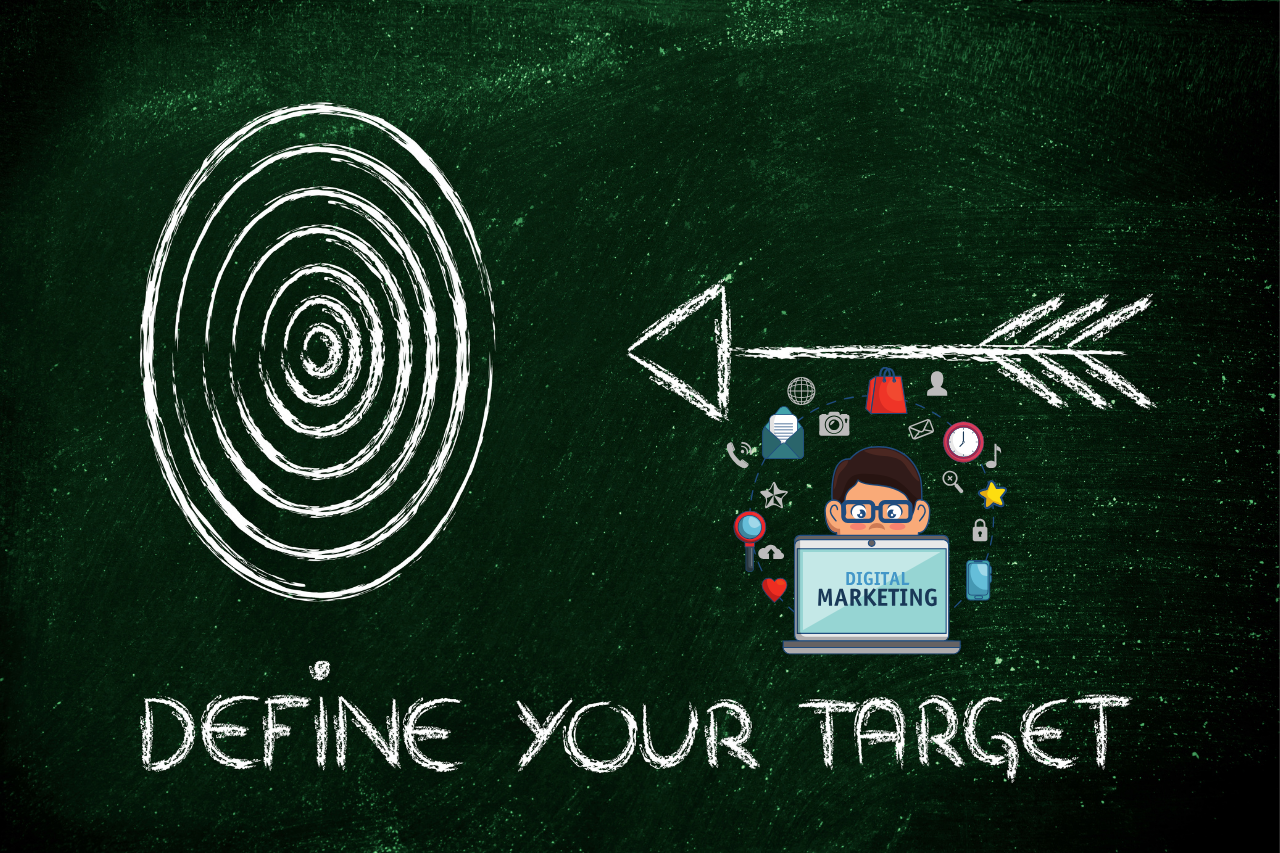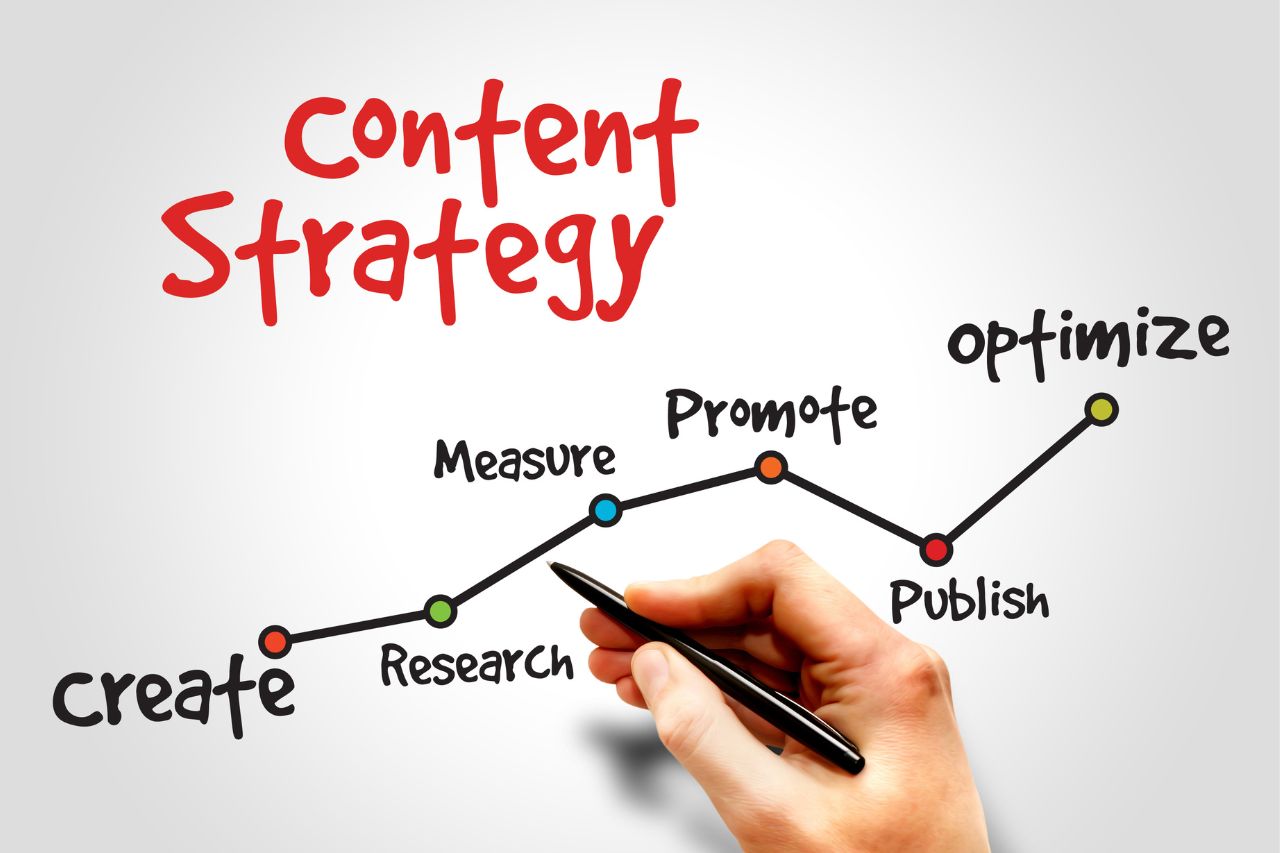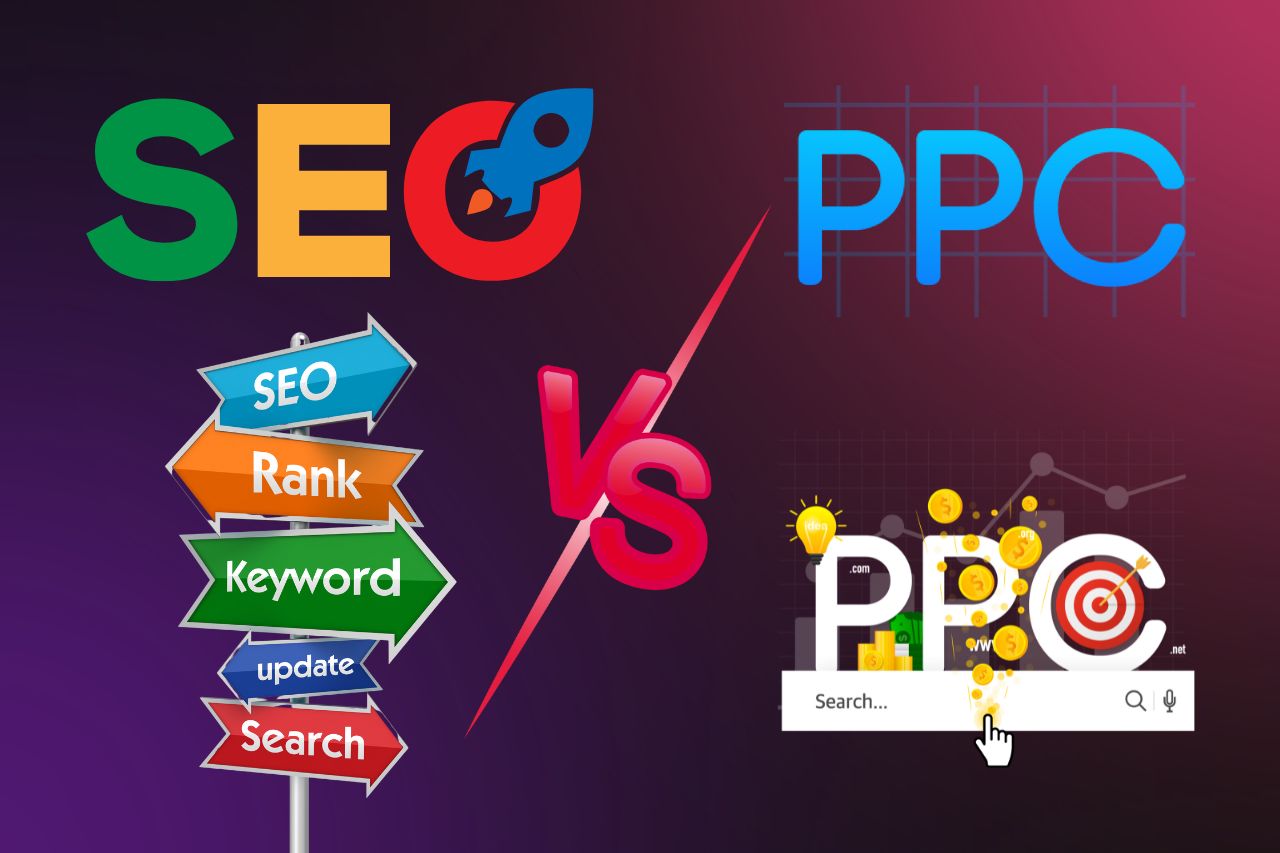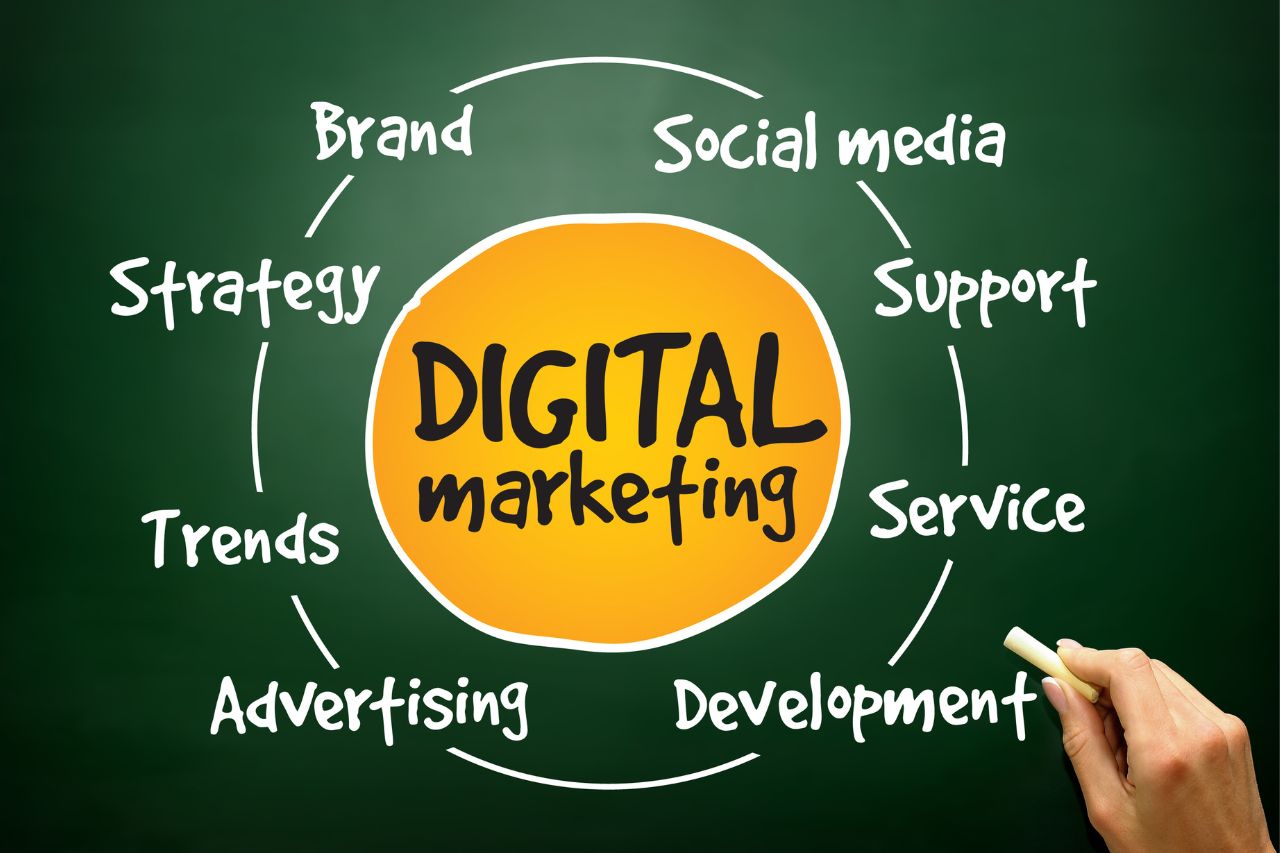In today’s fast-paced digital world, businesses are always looking for new and innovative ways to stand out from the competition. One of the most effective strategies to do this is through content marketing. Content marketing is not just about creating content; it’s about creating valuable, relevant, and consistent content to attract, engage, and retain a clearly defined audience—ultimately driving profitable customer action.
As a Performance Marketing Specialist with over 15 years of experience, I’ve seen firsthand how a well-executed content marketing strategy can transform a business. In this blog post, we will explore the crucial role content marketing plays in a digital strategy, how it integrates with other marketing efforts, and why it is essential for success in 2024 and beyond.
What is Content Marketing?
Content marketing refers to the creation and distribution of valuable content aimed at educating, informing, or entertaining a specific audience. This content can take many forms, including blog posts, social media updates, videos, infographics, podcasts, eBooks, and more. The purpose of content marketing is not directly to promote a brand or product but to provide value that naturally leads the audience to recognize the brand’s expertise and authority in its field.
In 2024, content marketing is more than just a buzzword; it’s a core pillar of any digital marketing strategy. When executed properly, content marketing can establish your brand’s voice, increase engagement, build trust with your audience, and ultimately drive conversions.
Why is Content Marketing Important in a Digital Strategy?
In the past, traditional marketing relied heavily on direct sales tactics, often bombarding consumers with advertisements. Today, consumers are more sophisticated and selective, making it harder for businesses to push their message. Consumers now prefer to engage with content that provides them with value and helps solve their problems.
Here are a few reasons why content marketing is crucial in 2024:
1. Increased Brand Visibility
Content marketing helps increase your brand’s visibility online. When you create high-quality, engaging content, people are more likely to share it, increasing your reach. This organic sharing process is amplified when your content resonates with your target audience. Whether it’s a blog post, video, or social media post, content acts as a magnet, attracting people who are genuinely interested in what you have to offer.
2. Improves SEO and Organic Traffic
Content marketing plays a pivotal role in improving SEO and driving organic traffic to your website. Search engines like Google reward websites that consistently produce high-quality, relevant content. By optimizing your content with the right keywords, providing valuable insights, and updating your content regularly, you can improve your website’s ranking on search engine results pages (SERPs). This means more people will find your website without needing to pay for ads.
3. Engages and Nurtures Customers
Content marketing allows you to engage with your customers at different stages of their buyer journey. From the awareness stage, where they first learn about your brand, to the decision-making stage, where they are ready to convert, content marketing nurtures your audience by offering them the right information at the right time. Whether it’s through blog articles, email newsletters, or videos, content helps keep your audience engaged and informed, leading to higher conversion rates.
4. Builds Trust and Authority
In a crowded marketplace, building trust and authority is essential. High-quality, informative content positions your business as a thought leader in your industry. When you provide valuable insights, answer your audience’s questions, and solve their problems, they start to view your brand as a reliable source of information. This trust ultimately leads to brand loyalty and repeat business.
5. Cost-Effective Marketing
Content marketing is often more cost-effective than traditional forms of advertising. While creating high-quality content requires time and resources, it can continue to generate traffic and leads for months or even years after it’s published. Compared to the ongoing costs of paid advertising campaigns, content marketing provides long-term value with lower upfront costs.
Key Components of a Content Marketing Strategy
A successful content marketing strategy is not just about creating content and hoping it reaches the right audience. It requires careful planning, execution, and measurement. Here are the key components that make up a content marketing strategy:
1. Content Goals and Objectives
Before creating any content, you need to define your goals. What do you want to achieve with your content marketing efforts? Whether it’s increasing website traffic, generating leads, or improving customer retention, having clear goals will guide your content creation process. It will also help you measure the effectiveness of your content marketing strategy.
2. Audience Research
Understanding your audience is crucial. By conducting audience research, you can learn about their pain points, preferences, and behaviors. This information will allow you to create content that resonates with them and meets their needs. Knowing your audience also helps you identify the best channels and formats to use to reach them.
3. Content Creation
Content creation is the heart of content marketing. This involves producing various types of content that align with your brand’s message and your audience’s interests. Depending on your business and audience, content can take many forms:
- Blog Posts: Informative articles that provide value to your audience while improving your website’s SEO.
- Videos: Highly engaging content that can be shared on social media, YouTube, or your website.
- Infographics: Visual content that makes complex information easy to understand.
- Case Studies: In-depth examples that showcase your product or service in action.
- Podcasts: Audio content that allows for storytelling and deeper connections with your audience.
4. Content Distribution
Creating high-quality content is just the beginning. The next step is distribution. How will you get your content in front of your target audience? Distribution strategies can include:
- Social Media: Sharing content on platforms like Facebook, Instagram, LinkedIn, and Twitter.
- Email Marketing: Sending content directly to your audience’s inboxes through newsletters.
- Guest Blogging: Contributing articles to industry-relevant blogs to increase exposure.
- Paid Promotion: Using paid channels like Google Ads or sponsored social media posts to amplify content reach.
5. Content Optimization
Once your content is published, it’s important to continuously optimize it. This includes tweaking titles, meta descriptions, and internal linking to improve SEO. Analyzing performance metrics like traffic, bounce rates, and conversions will help you identify areas for improvement. You can also refresh old content to ensure it stays relevant and effective.
6. Content Analytics and Reporting
To determine the effectiveness of your content marketing efforts, you need to track and analyze key metrics. Tools like Google Analytics, social media insights, and email marketing reports can provide valuable data on how well your content is performing. Based on this data, you can make informed decisions about your future content strategy.
Integrating Content Marketing with Other Digital Marketing Strategies
Content marketing doesn’t work in isolation. It should complement and enhance other elements of your digital strategy, including SEO, social media marketing, and email marketing. Here’s how content marketing integrates with these strategies:
-
SEO: As mentioned earlier, content marketing and SEO go hand-in-hand. Regularly producing fresh, relevant content will help improve your website’s SEO rankings, leading to higher organic traffic. SEO techniques like keyword research and on-page optimization should be applied to your content to ensure it reaches the right audience.
-
Social Media: Social media platforms are an excellent way to distribute your content and engage with your audience. When you share content on social media, it increases your brand’s visibility, generates leads, and drives traffic to your website. Social media also allows you to foster direct relationships with your audience by responding to comments, questions, and feedback.
-
Email Marketing: Content marketing and email marketing work together to nurture leads and drive conversions. By offering valuable content through newsletters or email campaigns, you can keep your audience engaged and informed. Personalized content tailored to your audience’s needs increases the likelihood of conversions.
Challenges in Content Marketing
Despite its numerous benefits, content marketing comes with its own set of challenges:
-
Consistency: One of the biggest challenges in content marketing is maintaining consistency. You need to regularly produce high-quality content that resonates with your audience, which can be time-consuming.
-
Measuring ROI: Determining the return on investment (ROI) of content marketing can be difficult. Unlike paid ads, it’s not always easy to directly track how content leads to sales or conversions. However, by setting clear objectives and tracking key performance indicators (KPIs), you can better gauge the effectiveness of your efforts.
-
Content Saturation: The internet is flooded with content, making it harder to stand out. To succeed, your content needs to be unique, valuable, and optimized to capture your audience’s attention.
Conclusion
In 2024, content marketing continues to be a cornerstone of any successful digital strategy. It plays a crucial role in increasing brand visibility, improving SEO, building trust, and driving conversions. By understanding your audience, setting clear goals, creating valuable content, and measuring results, you can leverage the power of content marketing to take your business to the next level.
At Global Info Edge, we specialize in helping businesses like yours develop and execute effective content marketing strategies that deliver results. With over 15 years of experience in performance marketing, lead generation, and conversion optimization, we have the expertise to help you harness the full potential of content marketing and boost your digital presence. If you’re ready to create a winning content marketing strategy, reach out to us today!







